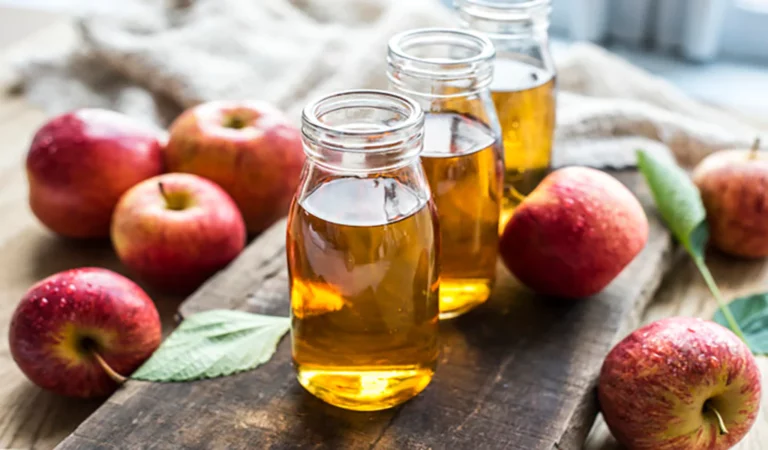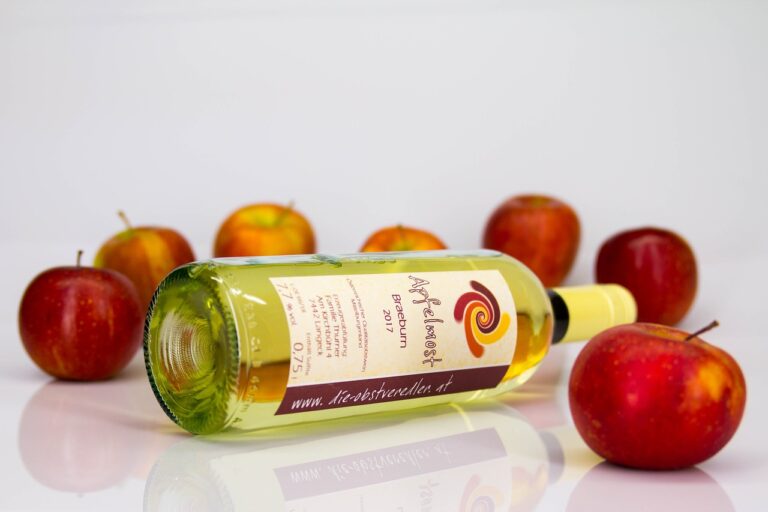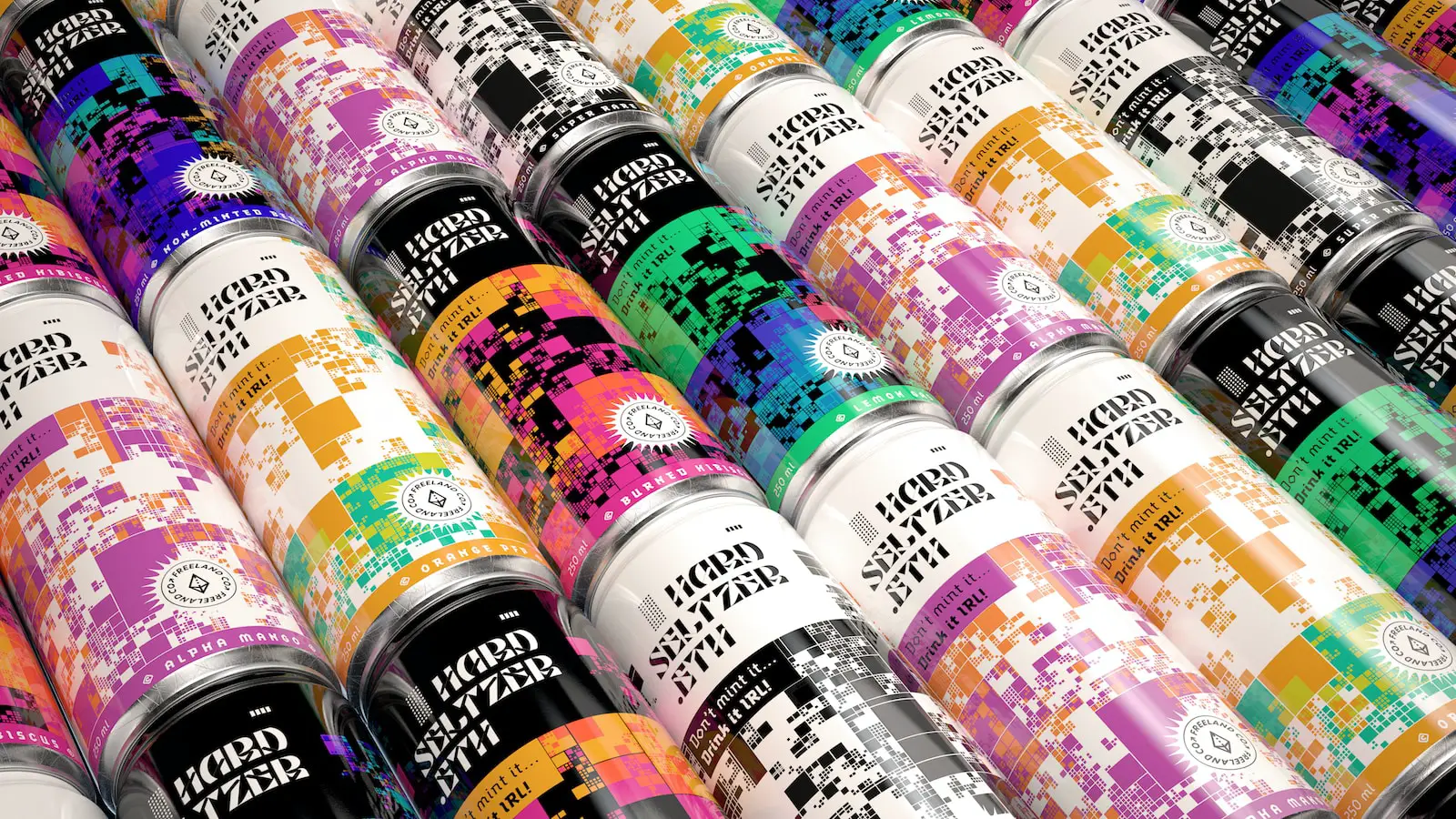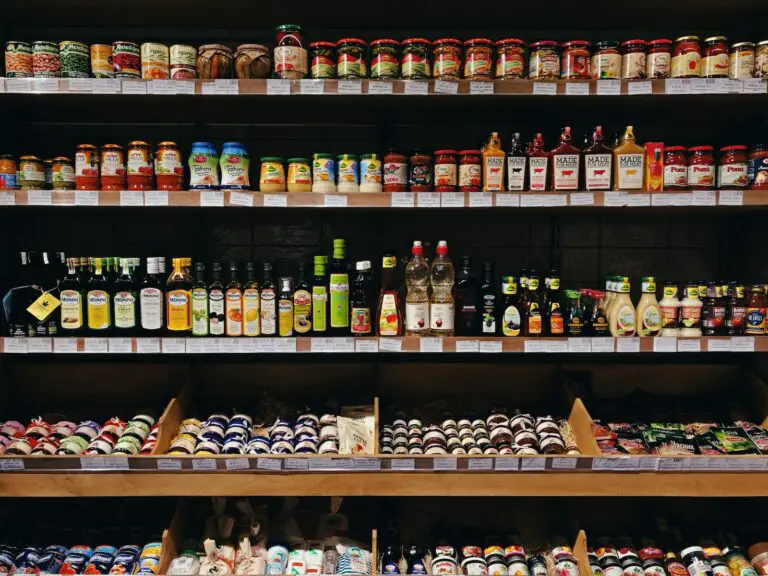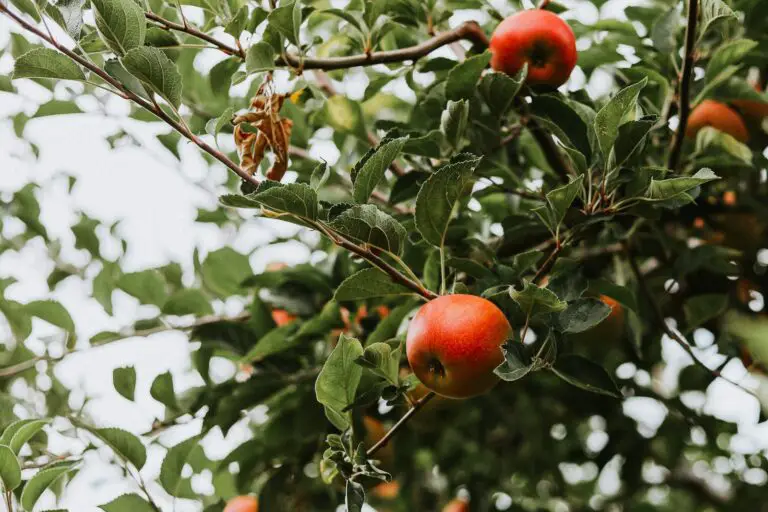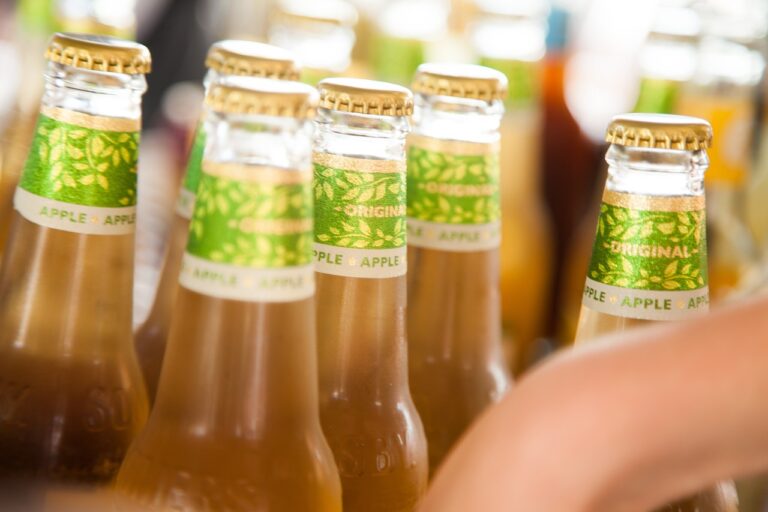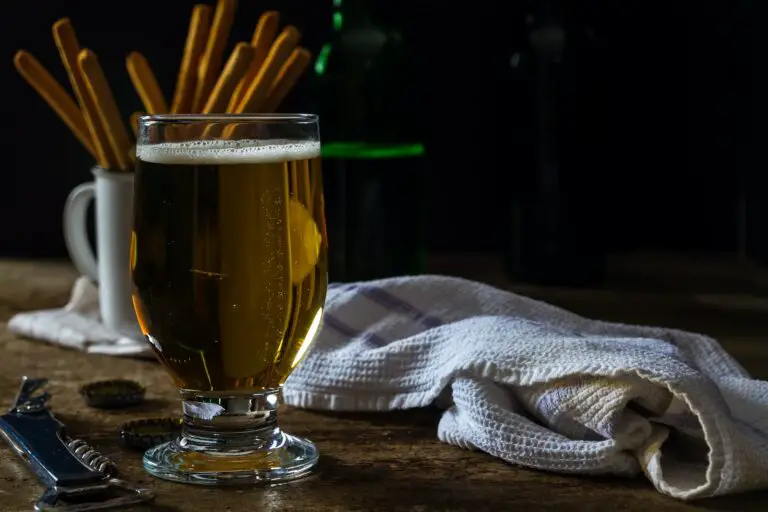If you’ve ever gotten stuck in the dreaded “does adding water to vodka make it weaker?” debate, you know that there isn’t a one-size-fits-all answer.
It’s a hot-button issue that divides bar patrons, bartenders, and mixologists.
In this article, we’ll dive into the science and history of this age-old question.
What Is Vodka?
Before you can fully understand if adding water to vodka makes it weaker, it helps to know a bit about what goes into it.
Vodka is a type of clear, alcohol-based spirit that’s most commonly made from water, grains, or potatoes.
It’s distilled multiple times until the liquid reaches an average of 40% alcohol by volume (ABV), although some vodkas go higher, up to 50% ABV or more.
Vodka is unique in that it is mostly flavorless and can be enjoyed on its own and blended into different drinks.
It’s popular in a variety of cocktails and mixed drinks, like martinis and Bloody Marys.
Vodka also has a reputation for providing more of a “kick” than other spirits since it’s made with higher-proof alcohol.
So, the question remains: when you add water to vodka, does it weaken?
How Does Adding Water Affect the Strength of Vodka?
It’s a common belief that adding water to vodka will make it weaker, but is it really true? To answer this question, it’s important to understand exactly how alcohol works and how additives can affect its strength.
Here’s the science: vodka is 40% alcohol by volume (ABV).
This means that 40% of the entire liquid form of vodka is made up of pure alcohol.
When you add water to vodka, the ABV percentage remains exactly the same—even if you add more liquid.
That means that if you added one cup of water to a bottle of vodka, the ABV would still be 40%.
So why do people think that drinking diluted vodka does not get them as drunk? Well, because it usually takes more liquid for your body to absorb and process the same amount of alcohol.
In other words, if you drink diluted vodka you may need to drink twice as much in order to get the same level of intoxication as compared to drinking neat vodka.
That said, while adding water doesn’t make vodka weaker, it can make the taste easier on your palate and allow you to appreciate more subtle flavors when imbibing straight alcohol.
So, no matter how you enjoy your spirits, remember to always drink responsibly!
Does Adding Water to Vodka Dilute Its Flavor?
So, does adding water to vodka dilute its flavor? Well, it depends on how much water you add.
Adding just a small amount of water won’t have a huge impact on the flavor of your vodka — after all, vodka is already around 40% water! But if you add a lot of water to your vodka, then yeah, it can definitely dilute its flavor and make it less tasty.
The reason why adding too much water affects the taste is that it can alter the chemical makeup of your vodka.
Vodka usually has around 40-50% ethanol in it, which is an alcohol with a strong taste.
When you add more water to your vodka, it dilutes that ethanol and reduces its potency — and that means less flavor for you!
If you do want to add some water to your vodka without sacrificing too much of its flavor, there are a few things you can do.
· Add ice
Adding ice to your vodka can help reduce the harshness of the alcohol without diluting its flavor too much.
Plus, ice is free and easy to access!
· Add other liquids
Adding a non-alcoholic mixer like soda or juice is another way to still enjoy the taste of vodka without watering down its flavor too much.
Just keep in mind that mixing in sugary liquids like juice or soda will also dilute the alcohol content of your drink.
· Opt for flavored vodkas
Flavored vodkas often have natural or artificial flavors added to them which makes them inherently sweeter than regular vodkas.
That means adding extra liquid doesn’t really change the taste as much — so you still get some sweet flavors
How Much Water Should Be Added to Vodka?
So, now you know that adding water to vodka can make it weaker, but just how much water should you be adding?
The answer really depends on your taste! Some people like their vodka strong and neat, and don’t add any additional water at all.
Others like to add more, depending on the strength of their vodka.
For example, if you have a higher-proof vodka (like 80 proof), adding a few drops of water can help to bring out the flavor and aromas.
However, if your vodka is lower proof (like 40 proof), then you might want to add more water to create a smoother taste.
· Dilution Method
Another way to figure out how much water to add is by using the dilution method.
This method involves diluting your vodka with a specific amount of water.
Generally speaking, adding one part of vodka with one part of water will give you an 80-proof bottle of vodka, while adding two parts vodka with one part of water will give you a 70-proof bottle of vodka.
You can adjust the ratio according to your preference.
· Ice Cubes
Lastly, don’t forget about using ice cubes in place of regular tap or bottled water.
You can simply drop a few ice cubes into your glass, letting them melt and creating a slightly diluted drink as they do so.
Taking this route is perhaps the simplest way to reduce the strength of your drink without having to measure out exact amounts for dilution purposes. Plus, it also helps keep your drink chilled!
Conclusion
So, does adding water to vodka make it weaker? The answer is yes, yes it does.
Water dilutes the alcohol and makes it less concentrated, therefore slightly weakening the vodka.
Whether you enjoy a glass of vodka neat or diluted, ultimately depends on personal preference.
Diluting vodka with water can also reduce the amount of alcohol absorbed in the body, making it a great option for those looking to moderate their drinking.
Of course, there are other ways to enjoy vodka and still make it a bit weaker: adding ingredients like juice, tonic, or soda.
No matter what your preference is, there are lots of ways to enjoy vodka while making sure your drinks are as weak or strong as you prefer!


